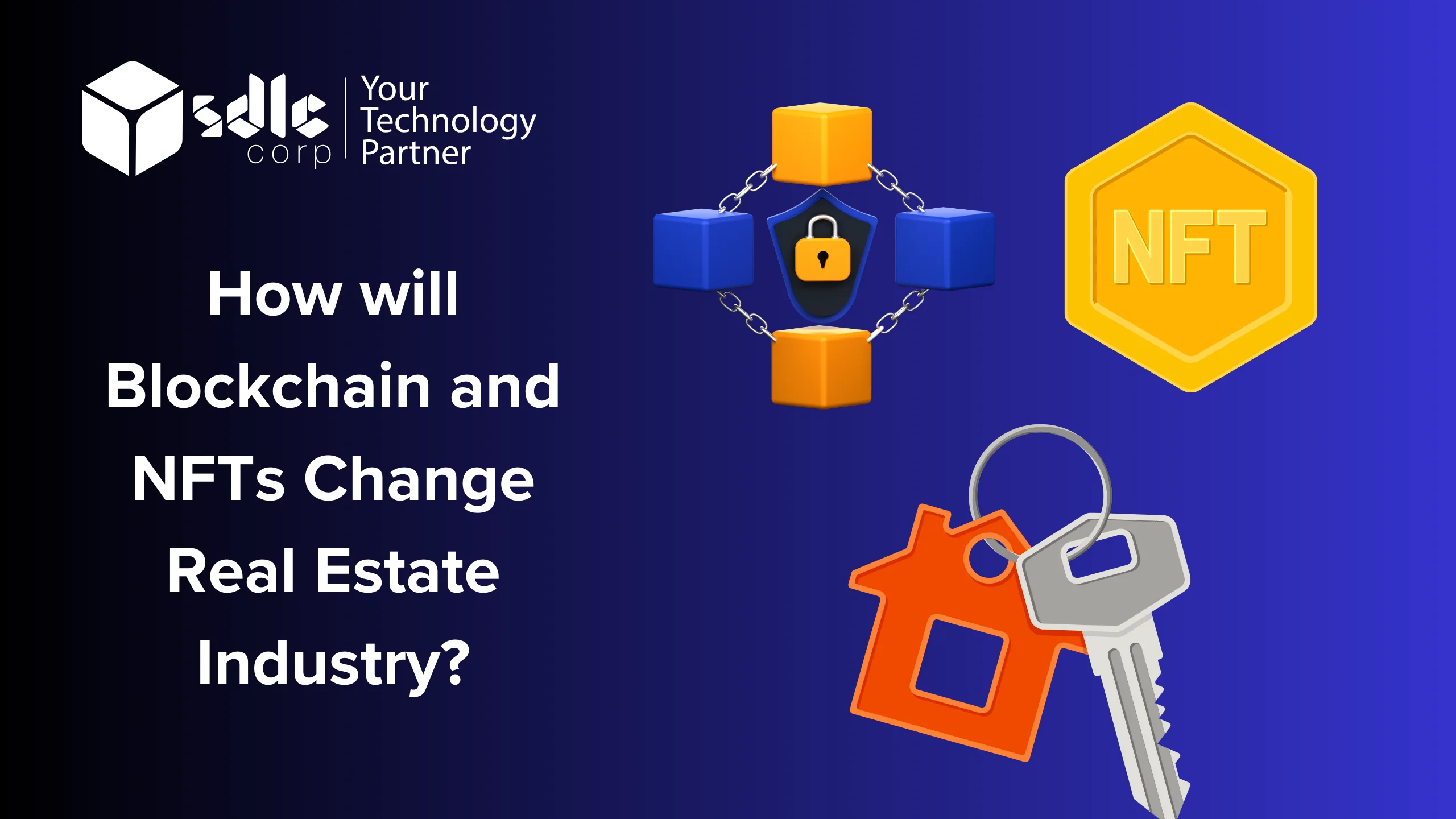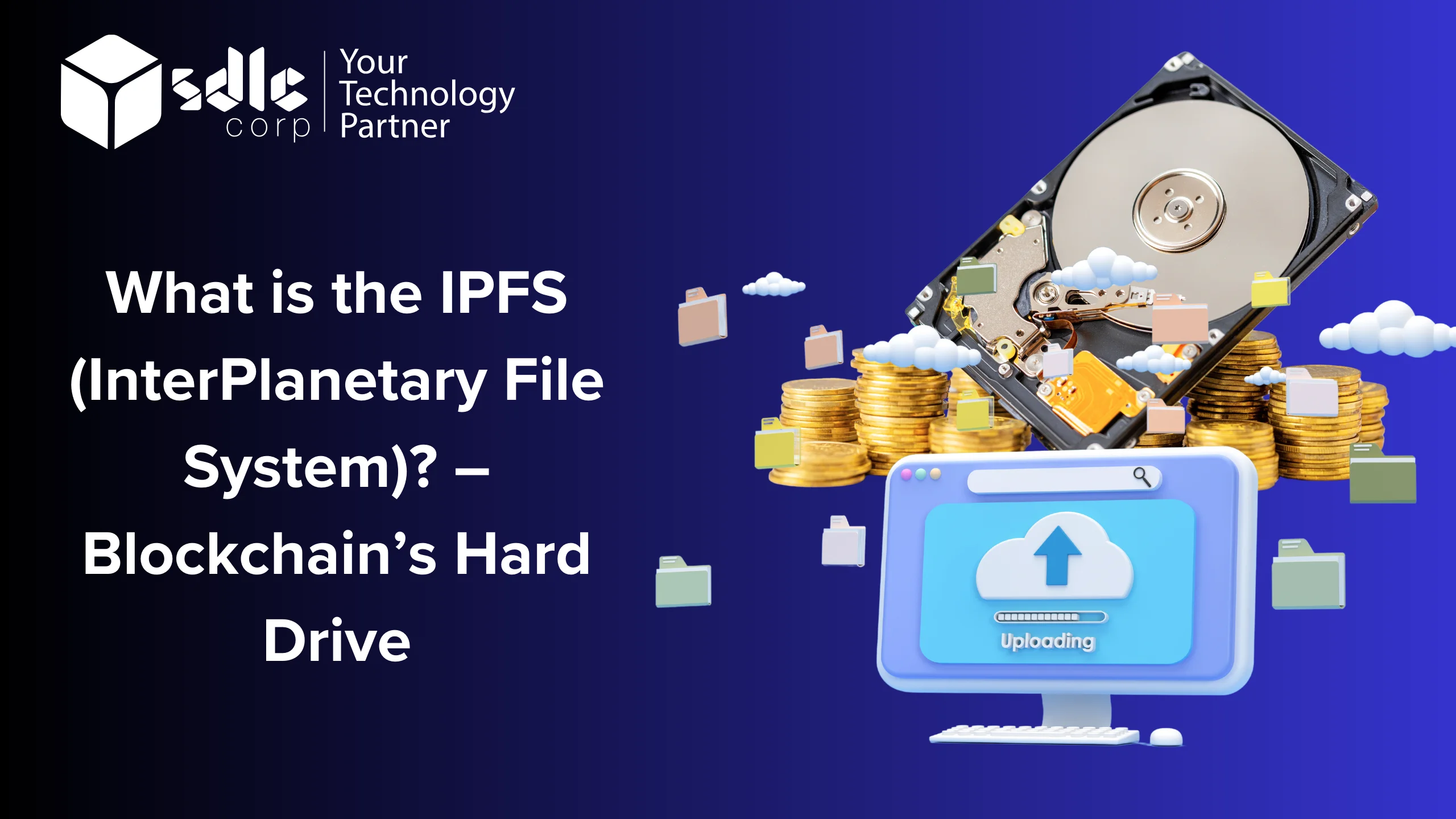What is the IPFS (InterPlanetary File System)? - Blockchain's Hard Drive
IPFS (Interplanetary File System) is a file system that lets you store files and track versions over time, similar to Git while keeping track of them on a distributed network, somewhat similar to BitTorrent. This storage system enables direct interaction via a secure and global peer-to-peer network. In addition, IPFS enables a permanent new web and augments how we use existing internet protocols, such as HTTP, by combining these two properties.
IPFS has made significant strides since its debut in 2016, and both individuals and companies have adopted it. This system enables users to share files and information freely. Interplanetary File System works well with large files that require a lot of bandwidth to upload and download over the Internet. IPFS’s rapid adoption was partially facilitated by its ability to operate across multiple protocols, including FTP and HTTP. Interplanetary File System employs a DHT or distributed hash table to store data. Once we have a hash, we ask the peer network who has the content in that hash and download it directly from the node with the data I want. The developers built Interplanetary File System to model all data as part of the Merkle DAG itself. The popularity and effectiveness of IPFS as a distributed file system, on the other hand, raises security and access control concerns.
For example, when an object is loaded onto a distributed network such as Interplanetary File System, anyone accessing the file’s hash address can access its content.
Blockchain and IPFS
Because blockchain technology is a decentralized data management platform with immutability, it is an excellent choice for supporting file traceability metadata on a distributed file system like IPFS. Therefore, IFPS is the best friend of blockchain because of their striking similarities. At iCommunity, we use IPFS to create a storage system that cannot be changed by one party without the consent of all others and does not have a single point of failure.
IPFS guarantees that the data in this network is unique (uniquely identified by an identifier) and protected from modification, making it immutable. If this data is changed, a new “hash” identifier is generated that does not match the one stored in the blockchain for the recorded data. We generally divide blockchains into two types: permissionless and permissioned. A permissionless blockchain (such as Ethereum or Bitcoin) is accessible to the general public, and each transaction must be validated by all or the majority of participants. While only authenticated users can join a blockchain (for example, Hyperledger Fabric), validation is done by pre-selected nodes in this type of blockchain. As a result, it outperforms public blockchains in most cases.
IPFS and blockchains can coexist because their structures are similar. IPFS would link all of these blockchains in the same way the internet links all websites. Just as a link can connect one page to another, an Ethereum link can connect it to another network, for example. In general, the future of IPFS and blockchain are inextricably linked. Everything points to both technologies consolidating the engine of decentralized finance and applications.
Explore our other insights!

How will Blockchain and NFTs Change Real Estate Industry?
Blockchain and NFTs in Real Estate Industry: The most valuable asset class in the world is comprised of

Crypto All-Stars ICO Hits $5 Million Benchmark as Demand Grows
The cryptocurrency market thrives on dynamism. Projects rise and fall, yet every so often, one emerges that captures

Overcoming P2P Lending Challenges: Key Insights for Success
Introduction Peer-to-peer (P2P) lending has reshaped the financial industry, offering an innovative alternative to traditional banking by connecting
Explore IPFS: Blockchain's storage solution. Upgrade file storage today!

Use Cases
The advantages of IPFS are revolutionizing the current technology sector, prompting large corporations to incorporate it into their processes. This technology is used by companies such as Netflix, Opera, and Chrome. But what does it mean to say that we can store data safely on a distributed network? It means we can optimize and improve the operation of all internet-related processes.
• The end of “servers” that host websites. IPFS will deliver all content, and data will be pulled directly from the blockchain.
• The end of web registrations for accounts. Your private key will grant websites and providers permission and access to your identity.
• Direct communication with others without the use of mediators.
• Communication applications that are genuinely secure, private, and uncensored.
• Social networks where your information is only accessible to those you grant permission to.
We can highlight several companies that are effectively implementing these use cases within these use cases:
• Cloudflare operates a distributed web gateway to accelerate and secure IPFS access without needing a local node.
• ION, Microsoft The digital identity system is based on Bitcoin and IPFS. Its goal is to create a technology that allows for the creation of a secure and scalable digital identity system on a global scale.
• Brave, the search engine, hosts its decentralized merchandise store using Origin Protocol and IPFS.
• The IPFS is supported by default in Opera for Android, allowing mobile users to navigate ipfs: / links to access data on the IPFS network.
• Wikipedia uses IPFS. They created a mirror of their website that allows them to access Wikipedia from countries where it is censored.
• Filecoin makes use of IPFS to build a cooperative storage cloud.
IPFS and Blockchain Applications
IPFS is used to store publicly accessible data, and Blockchain is used to verify addresses. It implies two things:
1) You can be confident that the link referencing a specific file is the correct one to use, and
2) The link will always return the same object. It enables the development of platforms that aid in resolving the numerous problems that today’s Internet has either created or is unable to solve.
Intellectual Property
Online IP issues span the arts and music to source code and programs. IPFS and Blockchain are used by platforms such as Embermine to empower content creators by providing a complete ecosystem for their work. It includes revenue channels powered by smart contracts (Blockchain-based applications), a reputation-based collaboration network, identity protection, and more.

Social Media Networks
Networks built on Blockchain and IPFS, such as Akasha and Steemit, provide a truly decentralized social networking experience. They incentivize content creation by rewarding cryptocurrencies and deny any data governing central actor control and censorship power by distributing its data over IPFS.
“In today’s blockchain world, AKASHA is a social and technological experiment that allows our collective memory, feelings, and ideas to reverberate freely throughout humanity. We investigate the implications and applications of a permanent Web in the context of freedom of expression, creative perpetuity, and privacy for a better home of Mind by fusing Ethereum with the Inter-Planetary File System.”
E-commerce Free
OpenBazaar creates a marketplace that does not charge merchants any fees because it is not centralized. Unlike traditional e-commerce sites like eBay or Amazon, OpenBazaar does not charge fees for listing or selling items. There is no intermediary to take a cut from each sale because the trade is peer-to-peer and takes place directly between buyers and sellers. It will be a free form of online commerce for the merchant.
Cryptocurrencies
FileCoin encourages data storage. You are compensated in FileCoin for storing data and assisting the IPFS network in its operation. Their premise is that because massive amounts of storage sit unused in data centers and hard drives worldwide, one can put their new data storage to work and earn FileCoin, which can then be exchanged for other crypto or Fiat currencies. zCash promises to protect transaction privacy. Its payments are published on a public Blockchain, but the sender, recipient, and transaction amount are kept private.
As you can see, all these applications function and feel like normal HTTP browsing. That is what makes this a fascinating technology to experiment with. It collaborates with HTTP and provides competent tools to solve relevant problems that traditional systems cannot solve. It enables platforms that leverage IPFS and Blockchain to compete with today’s Internet behemoths.
Essential Considerations Before Launching Your IDO Launchpad Business

Conclusion
IPFS is a revolutionary technology that has the potential to transform the way data is stored and shared on the internet. Its decentralized, secure, and scalable nature makes it an attractive option for businesses and organizations that need to store and share large amounts of data. Future IPFS uses will likely be even more creative as technology keeps developing.
FAQs
1. Is IPFS the same as blockchain?
IPFS is a file-sharing system that can efficiently store and share large files. It is based on cryptographic hashes, which can be easily stored on a blockchain. Nonetheless, IPFS does not allow users to share files with specific individuals.
2. What is the function of IPFS?
As part of a vast peer-to-peer network, IPFS is a distributed file storage protocol that enables computers all over the world to store and serve files. Any computer can download the IPFS software and begin hosting and serving files.
3. Is IPFS available for free?
Is IPFS a free service? Data storage on the blockchain can be costly. As a result, more developers are turning to solutions such as IPFS. Protocol Labs’ distributed file system client is free and open to the public.















